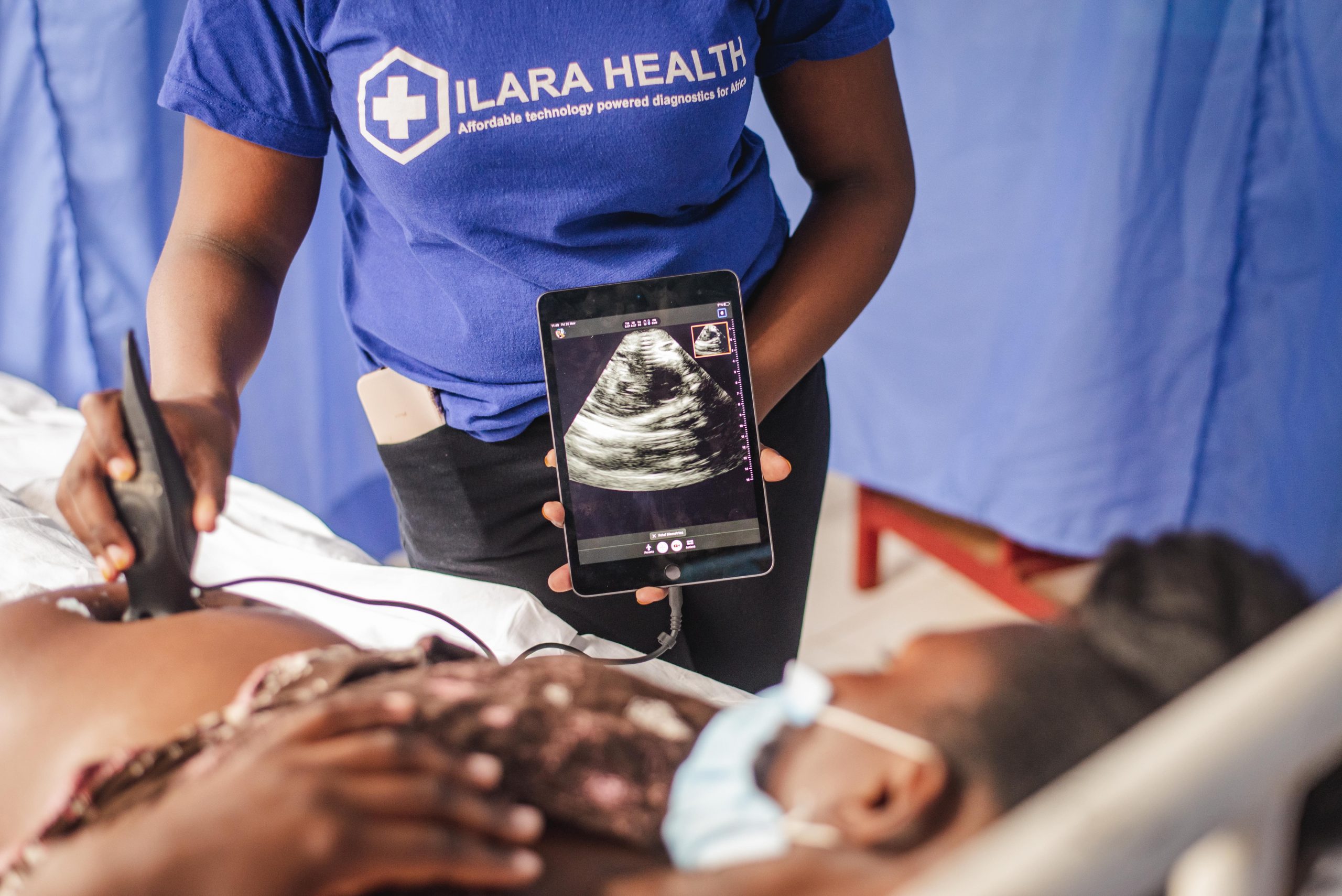Ilara Health, a Kenyan health-tech startup, closed a $4.2M pre-series A equity and debt investment recently. A press release to the media states that the new fund will assist the startup in q of primary care clinics by utilising improved business practices and new technologies.
With this most recent round of funding, the company has invested $11.7 million in total. It includes a $3.75m seed round in 2020 and two $1.6m Bill & Melinda Gates Foundation grants.
DOB Equity led the funding. AAIC Investment, Angaza Capital, Black Pearl Investments, Perivoli Innovations, Alpha Mundi, and Kiva Capital also invested in equity and debt.
Boehringer Ingelheim and Phillips Foundation joined the round. The new partners are strategic healthcare investors with extensive expertise in global healthcare companies.
Read also: Nigerian HealthSend now in Kenya
According to DOB Equity Managing Director Hayo Afman, investors are hopeful about the brand’s future during the fundraiser. “We have been behind Ilara Health and its founders from the beginning, and we are excited about the progress and better patient outcomes.” “We’re excited to work with our new partners to help the team change how medical care is provided in Africa,” he added.
Ilara Health used the funds to enhance its tech-enabled primary care approach in Kenya before expanding elsewhere.
With the financing, the company can focus on top-line development over the next year, such as expanding its partner clinic network and offering employee health services through B2B health and occupational services, locally and nationwide.
Founders of Ilara Health
Emilian Popa, Maximilian Mancini, and Sameer Afzal Farooqi founded Ilara Health in 2019 to provide inexpensive, high-quality healthcare in Kenya’s peri-urban areas. The company started by filling the diagnostics gap in primary healthcare clinics due to availability and quality issues.
Ilara Health CEO and Co-founder Emilian Popa celebrated his team’s success in the round. The founders of Ilara Health wanted to improve African healthcare. I am proud of our rapid effect since we genuinely think healthcare should be inexpensive and accessible.”
There’s still so much to do, so we’re happy to be joined by notable global investors who share our vision for Kenya and Africa. Adding, “This rise will build on our continued growth, and we look forward to driving standardised quality healthcare on the continent.”
In its early strategy, Ilara Health offered revenue-generating diagnostic assets, flexible repayment terms, and patient testing training to help clinics scale quickly.
Later, the corporation digitised its operations, using data to improve its infrastructure business model, helping clinics manage their patient base electronically and providing diagnostic instruments, consumables, and medications in one place.
These follow-on investments and co-branding encompass 8 clinics, with ambitions to expand to 50 by year’s end.
Its fundraising round will enhance Ilara Health clinics and generate revenue, proving the route to profitability as the operational base remains steady, according to the business.
To fund growth-fueling working capital investments, the company plans to improve operations and raise equity and debt.
‘Kenya’s Uncover’ secures $1 million for expansion in Kenya, Nigeria
Ilara Health actively invests in IT
In the declaration, the company wants to invest in technology by deploying a proprietary Practice Management Software (PMS) to prove its business model’s data-driven potential.
The startup will use PMS data to analyse primary care providers’ performance and provide $10,000 to $15,000 in asset lending and working capital for clinic rejuvenations, staff training, diagnostic equipment, and a ‘powered by Ilara Health’ co-branding opportunity.
Currently, Kenya has about 10,000 privately held primary care institutions and ~7,000 state-operated. Over 3,000 clinics have partnered with Ilara Health to improve healthcare in 42 Kenyan counties, serving over 5 million patients annually.
Ilara Health plans to use its revolutionary ICT infrastructure to close the $66 billion finance gap and outmoded processes across Africa’s healthcare service.
















